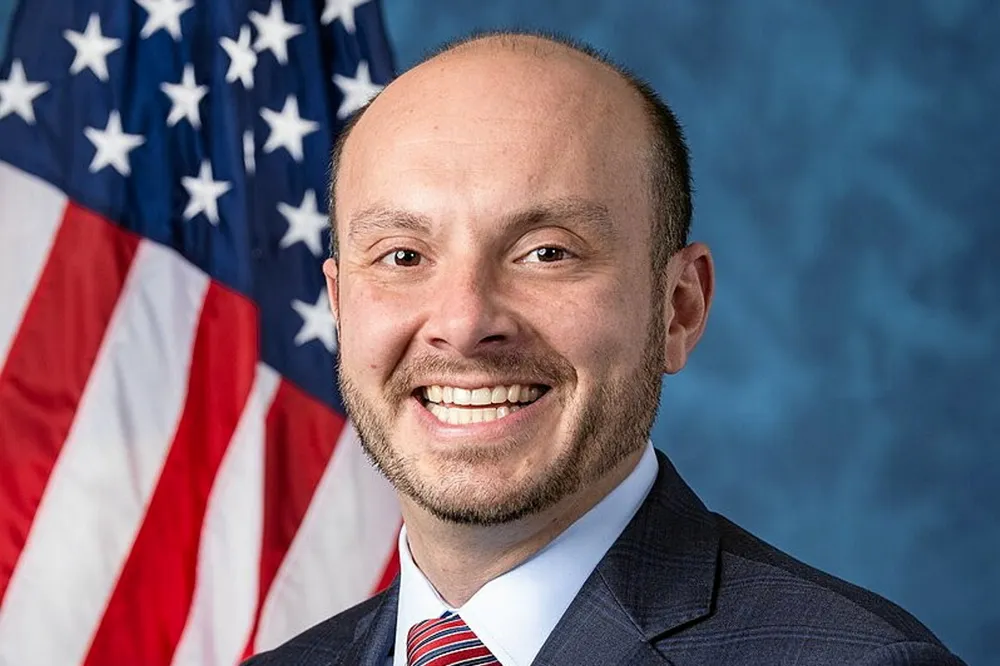Repealing IRA tax credits would 'undermine investment and waste billions': Republicans
Eighteen House members urged Congressional leaders not to undo part of the landmark climate legislation if Trump elected

Eighteen Republicans in the US House of Representatives have urged their conference leader not to repeal federal clean energy tax credits should the party seek to undo parts of the landmark 2022 climate law, warning such a move would impair private investments and waste billions of taxpayer dollars.
“Prematurely repealing energy tax credits, particularly those which were used to justify investments that already broke ground, would undermine private investments and stop development that is already ongoing,” the lawmakers said in a letter Tuesday to Speaker Mike Johnson.
“A full repeal would create a worse-case scenario where we would have spent billions of taxpayer dollars and received next to nothing in return,” they added.
The lawmakers led by Representative Andrew Garbarino, whose Long Island district faces the Atlantic Ocean where multiple offshore wind projects are in development, comprise about 8% of the party’s 220-seat conference in the 435-seat chamber.
Still, the letter suggests that at least some Republicans in Congress would likely not support a potential move by former President Donald Trump to scrap some long-term, lucrative tax credits available in the Inflation Reduction Act (IRA) – assuming he wins a second and final four-year term in November national elections and the party gains control of Congress.
Democrats have a razor-thin majority in the Senate. Some polls show Republican control of Congress would yield modest majorities, a potential problem for Trump to marshal the full party behind any IRA repeal or reform effort.
“We hear from industry and our constituents who fear the energy tax regime will once again be turned on its head due to Republican repeal efforts,” the lawmakers wrote.
The letter notes the tax credits have “enjoyed bipartisan support historically” and have spurred innovation, incentivised investment, and created good jobs in many parts of the country – “including many districts represented by members of our conference.”
Trump has been sharply critical of tax credits for electric vehicles (EVs) and renewable energy but appears more open to accepting those that advance other technologies such as nuclear power, development of critical minerals, and domestic manufacturing.
More broadly, he has slammed IRA as an “incredible waste of taxpayer dollars,” the “biggest tax hike in history,” and promoting construction of wind turbines that “rust, rot, and kill the birds.”
Aside from Trump’s longstanding antipathy toward clean energy and EVs, he wants to scrap some IRA tax credits to help pay for a promised 2025 extension of tax cuts for corporations and individuals he signed into law in 2017.
Estimates differ over how much IRA tax credits will add to federal deficits through 2033, ranging from $800m to as high as $2.5 trn, while extending the Trump tax cuts could cost up to $3.5 trn.
Regardless of whether Trump triumphs, or Vice President Kamala Harris, who will be formally nominated as Democrats’ presidential candidate at the party convention 19-22 August, runaway federal deficits and growing taxpayer costs to subsidise the energy transition, will be increasingly hard to ignore in the White House and Congress.
(Copyright)